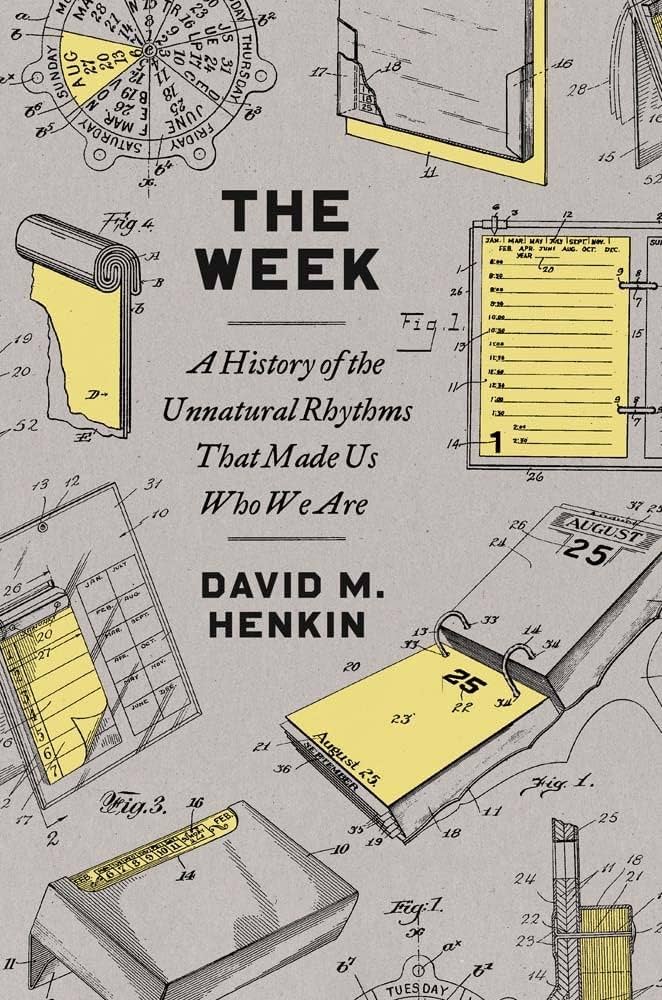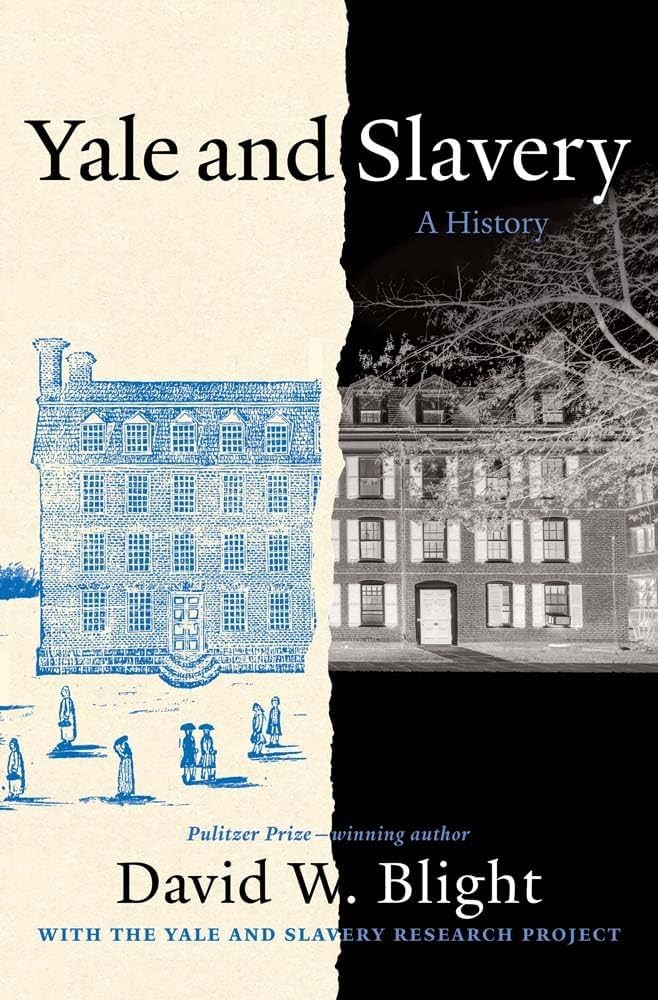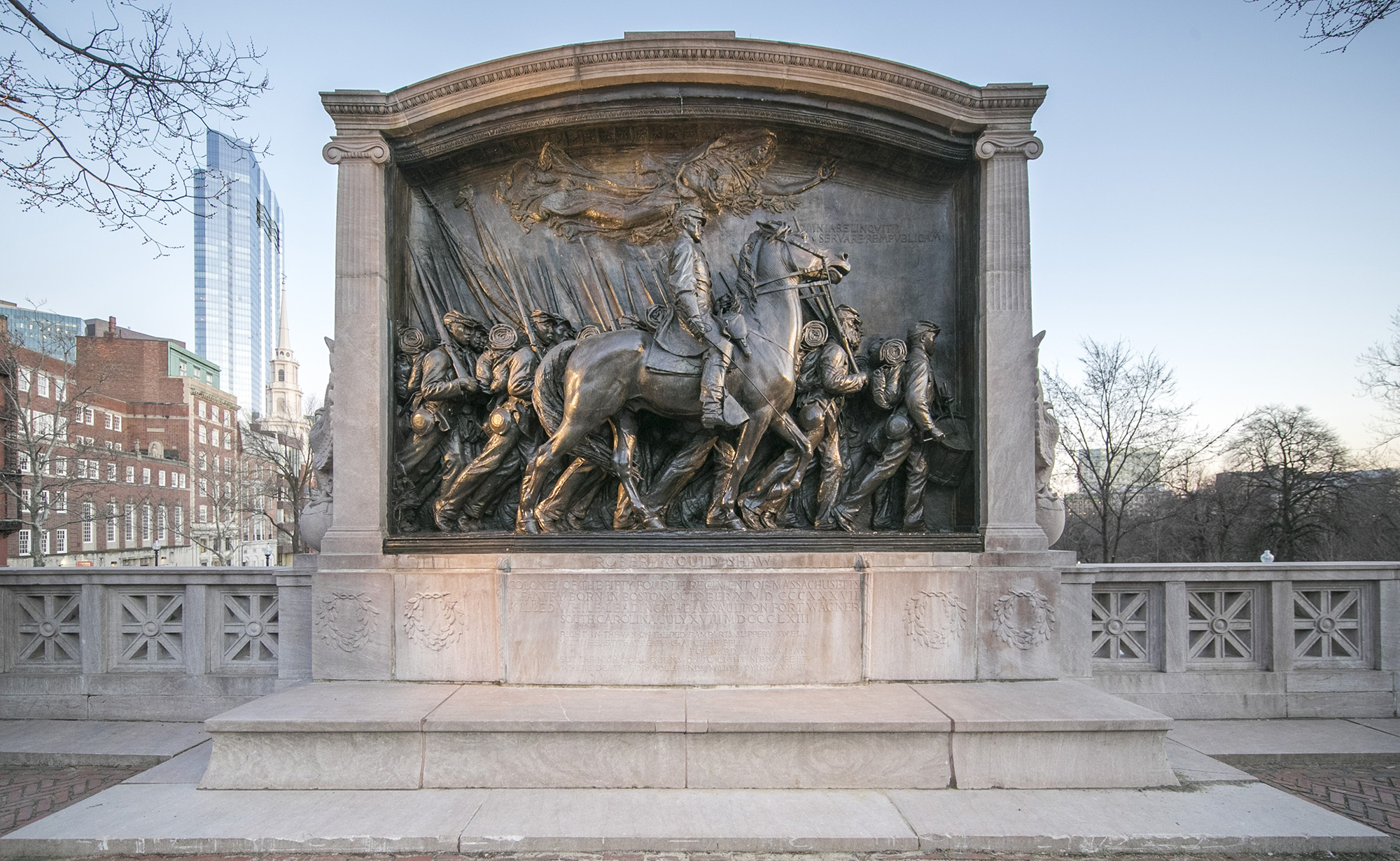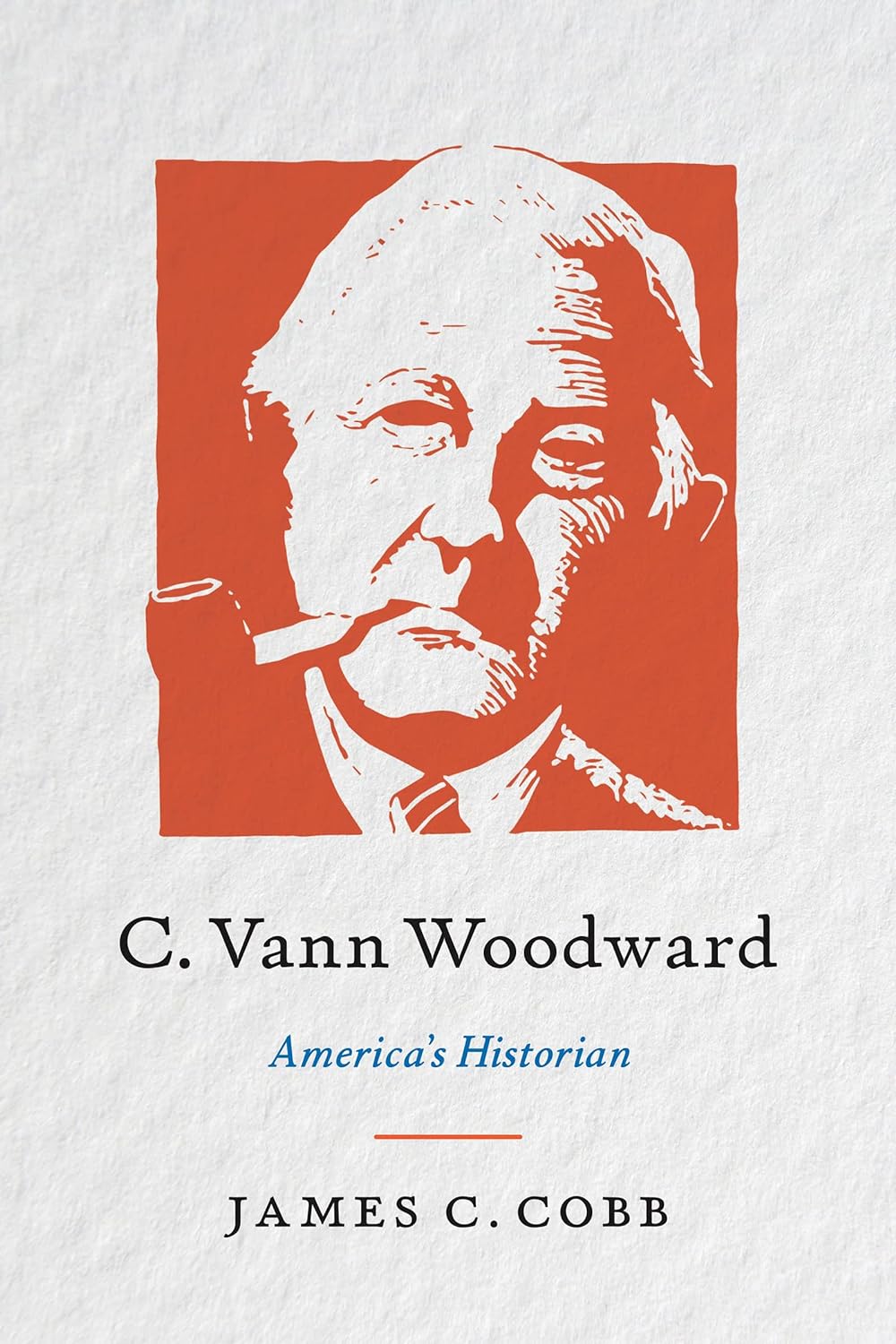Why do the days of the week have their own particular feeling, and how did that happen? This week Stan’s guest is historian and author David Henkin from the University of California, Berkeley, discussing his book, The Week: A History of the Unnatural Rhythms that Made Us Who We Are. We take the seven-day week for granted, rarely asking what anchors it or what it does to us, yet weeks are not dictated by the natural order. They are, in fact, an artificial construction of the modern world.





